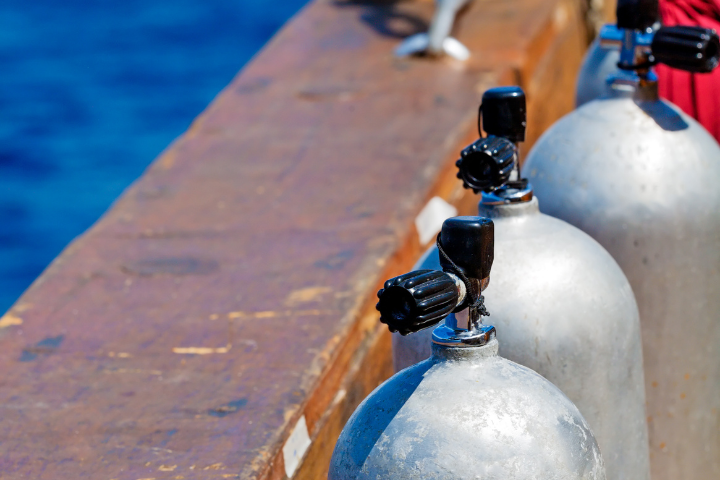Medical Training

1.5 days
£400.00 excl. VAT

1.5 days
£400.00 excl. VAT

1 day
£295.00 excl. VAT

3 days
From £1,000.00 excl. VAT

4 days
From £1,000.00 excl. VAT












